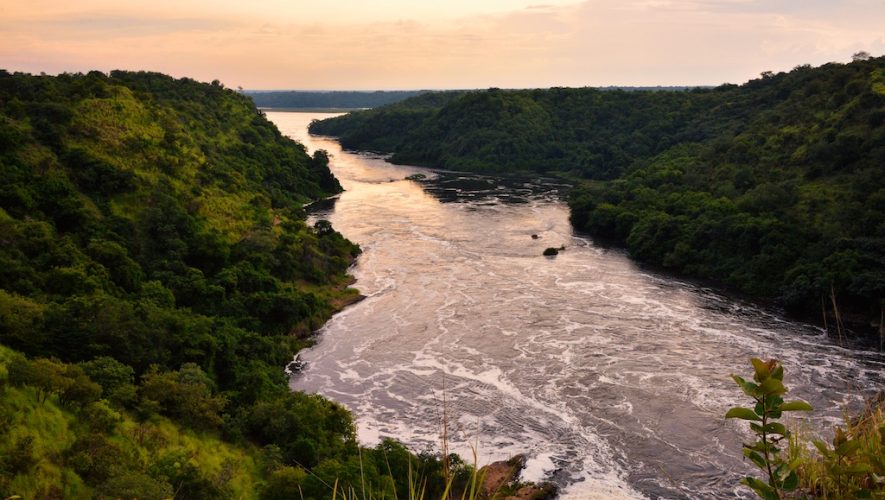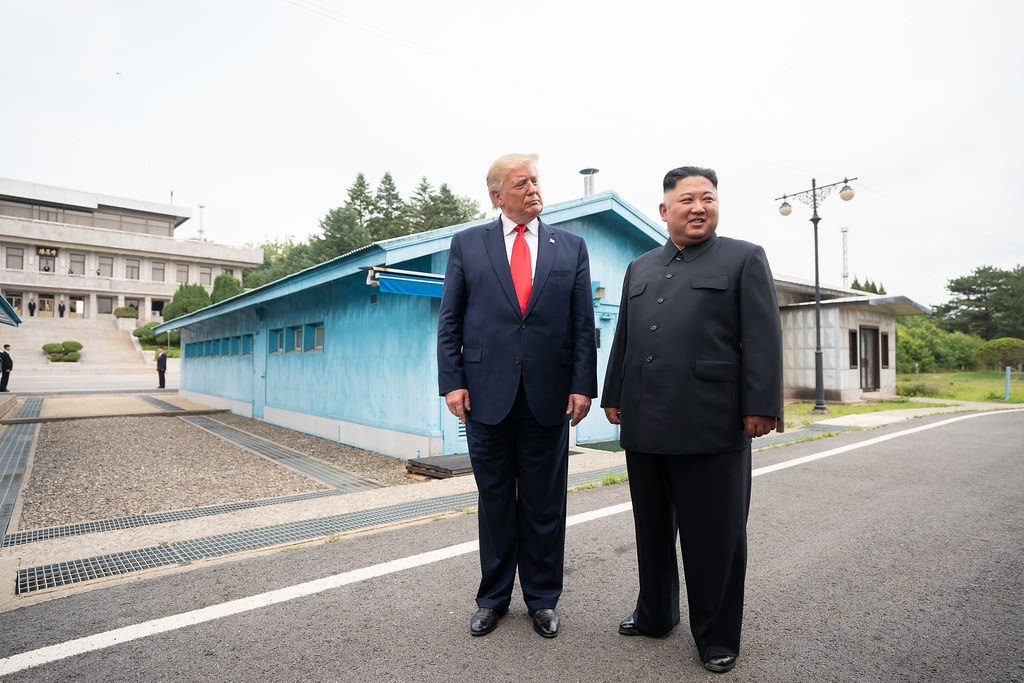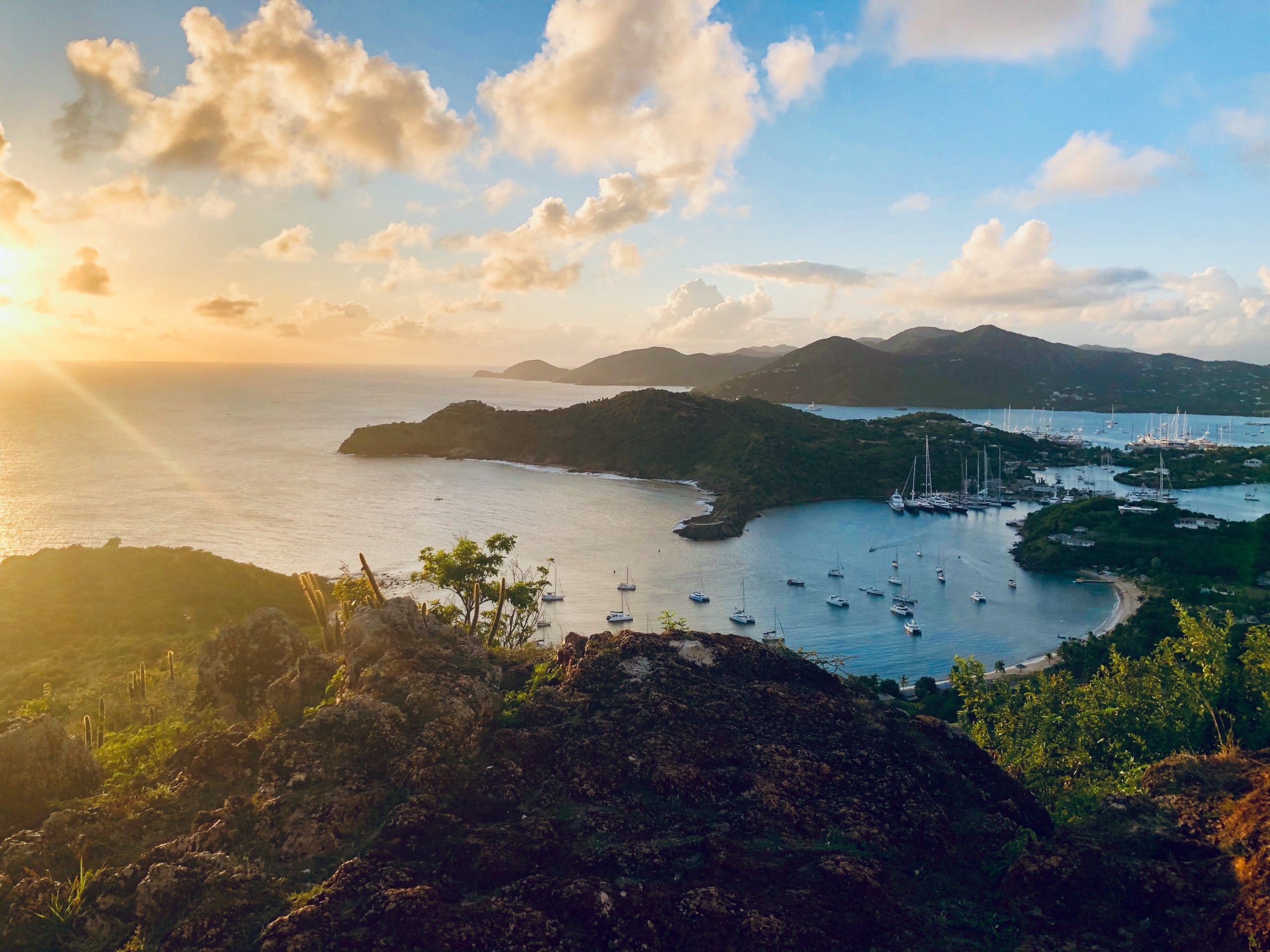In 2019, Ethiopian Prime Minister Abiy Ahmed won the Nobel Peace Prize. Now, he might lead Ethiopia to war with Egypt over a dam.
The conflict started in 2009, when Ethiopia announced that it would construct the Grand Ethiopian Renaissance Dam (GERD) on the Blue Nile, without prior consultation with Egypt or Sudan. The Blue Nile—located in Ethiopia—is the source of 85 percent of the Nile’s waters. Egypt and Sudan are the Nile’s main beneficiaries; Egypt, in particular, depends on the Nile for 90 percent of its water.
Former Egyptian President Mohamed Morsi asserted that “all options are open” to address the GERD’s potential threats toward their water supply. Similarly, Egyptian media members have called for an invasion to stop Ethiopia’s project. In response, Ahmed warned that “no force could stop Ethiopia from building a dam” and that he could militarize millions to protect the GERD. These threats have only worsened tensions; if Ahmed wants to legitimize construction of the dam, he must reassure the Nile Basin states that the project benefits all those involved.
Ethiopia has always marketed the GERD as a mutually beneficial project. However, the country’s actions contradict its words. Former Prime Minister Meles Zenawi assured that “the benefits that will accrue from the dam will by no means be restricted to Ethiopia.” He also claimed that the GERD could resolve disagreements about equitable use of the Nile, as the project would reduce evaporation, regulate water flow, and provide cheap energy to downstream countries. Zenawi’s successor, Hailemariam Desalegn, considered the GERD a “joint ownership,” as all Nile Basin states would benefit from its development. But when Egypt offered to finance and manage the project in 2014, Ethiopia declined, citing state sovereignty. Ethiopia went as far as to state that a joint administration for the GERD was unacceptable. Even now, Ahmed has spoken for cooperation, while simultaneously threatening military force. These mixed messages have obscured Ethiopia’s intentions.
Egypt’s history with the Nile is just as troublesome. For one, there is no regional treaty regarding use of the Nile, just thirteen bilateral or trilateral agreements. Nevertheless, Egypt claims majority control of the river based on two conventions: the 1929 and 1959 Nile Waters Agreements. Under the 1929 agreement, Great Britain—which represented its colonial states Sudan, Uganda, Kenya, and Tanganyika (now Tanzania)—gave Egypt the right to veto projects that would affect its water share. This is because of Egypt’s historical claims and dependence on the river. While Sudan is a major beneficiary of the Nile, it—alongside Uganda, Kenya, and Tanzania—has access to alternative water resources, such as heavy rainfall or the sources that supply the Nile, the Blue Nile and the White Nile.
The 1959 agreement—which expanded on the 1929 agreement—divided the resources solely between Egypt and Sudan without concern for the other Nile Basin states. Under this agreement, Egypt’s water allocation went from forty-eight billion cubic meters to fifty-six billion (66 percent of the Nile’s waters), and Sudan’s from four billion cubic meters to nineteen billion (22 percent). The agreement also established the Permanent Joint Technical Commission for Nile Waters between Sudan and Egypt, intended to resolve disputes. The commission comprised four engineers from Egypt and Sudan, supervised approved projects, and managed water allocation during low-flow years.
Ethiopia is not party to either of these agreements. Furthermore, Sudan, Uganda, Kenya, and Tanzania have all rejected the 1929 agreement, arguing that Britain was not their lawful custodian and did not have their best interests in mind when ratifying it. Egypt disagrees, claiming that because these states succeeded their colonial counterparts, they must uphold their obligations. However, there is no international law demanding that succeeding states honor the commitments of their predecessors. Thus, these states aren’t legally bound by the 1929 agreement. Sudan, on the other hand, is legally bound to the 1959 Agreement, as they signed it post-independence. Still, no other Nile Basin state signed onto the 1959 agreement, meaning it is not regional law.
While Egypt and Ethiopia have yet to pass binding treaties regarding Nile use, the two countries did pass the non-binding Framework for General Cooperation in 1993, establishing expectations for future interactions. States are encouraged to work together on mutually advantageous projects and refrain from activities that harm others’ interests. If legally binding, Egypt would have a stronger case, because Ethiopia refuses to cooperate with them on building the GERD.
Since the framework is not legally binding, Egypt chose the alternative, publicly condemning Ethiopia’s actions. In response, Ethiopia cited its sovereign right to build on its territory and claimed that it was fulfilling its obligations under the United Nations Convention on the Law of the Non-navigational Uses of International Watercourses. Article 4, Part II requires that states use watercourses “in an equitable and reasonable manner.” For a state’s use to be equitable and reasonable, it must aim for optimal and sustainable use, with consideration for the interests of the other watercourse states. A state must, among other things, take into account the social and economic needs of all watercourse states, the populations dependent on the water, and the economic impact.
Ethiopia claims that the GERD will ensure appropriate water sharing and benefit all states involved. It may do so, especially if all concerned parties are allowed input on regulating it. The GERD could increase hydraulic infrastructure to improve water distribution, which could be especially useful as climate change worsens desertification and water shortages. It is also possible that dam cooperation could strengthen international relationships, allowing for increased trade. But because impacts reports are scant, Ethiopia’s claim of appropriate water sharing and mutual benefit is questionable.
The UN Watercourses Convention also mandates that states develop and protect international watercourses “in an equitable and reasonable manner.” Ethiopia can claim that they’ve fulfilled this requirement; yet by excluding Egypt, which has a legitimate claim to the river, they are denying the country its right to participate in Nile development projects. Thus, Egypt can use the convention to press Ethiopia to be more cooperative.
Article 33 of the UN Watercourses Convention allows Egypt to seek a mediator. Egypt and Ethiopia tried to settle the issue diplomatically with the United States in late 2019. The three states set a deadline of January 15, 2020 to settle the disagreement, but failed to meet it. Since then, President Trump expressed optimism that an agreement was near and would be mutually beneficial. Some agreements have reportedly been established, such as Ethiopia’s promise that it would fill the dam in stages during the rainy season. However, the core issue of this dispute has not been settled: what impact will the GERD have on Egypt and other downstream states?
This is why negotiations will most likely fail. Egypt and Ethiopia cannot agree on the GERD’s impact. They cannot even agree on what equitable sharing is. Even though the UN Watercourses Convention defines equitable sharing, both parties latch onto particular parts of the definition and disregard its full meaning. Egypt looks solely at its water dependence, without regard for other states that have long been excluded from negotiations. Ethiopia looks at economic growth, water reallotment, and energy creation without reflecting on Egypt’s lack of alternative water sources.
Neither side trusts the other’s words because there’s no accountability mechanism for regional oversight. While the International Court of Justice is responsible for settling international disputes, it cannot compel states into arbitration.
It is possible for Egypt and Ethiopia to make peace, but it will require major concessions on each side. To start, both must commission independent scientists, engineers, and economists to estimate the GERD’s environmental, economic, and water-share impact. In 2013, Ethiopia allowed Egypt and Sudan to form a body of international experts to review the GERD, but the panel’s findings were buried, never made public. It only saw the light of day because International Rivers leaked the report about a year later.
The panel found enormous gaps in the project’s documentation, stating that a project of GERD’s magnitude, importance, and impact deserves a more detailed, sophisticated, and reliable study. It recommended that Ethiopia conduct a transboundary environmental and socioeconomic impact assessment and create a water resources–hydropower system simulation model. Ethiopia has failed to adopt this recommendation. In response, Egypt called for a neutral third party to determine GERD’s impacts. If Ethiopia wishes to prevent further escalation, they should comply with this request.
Ethiopia and Egypt should also work to involve the Nile Basin Initiative (NBI), a temporary cooperative body that aims to establish governing mechanisms for the Nile. Egypt, Sudan, Ethiopia, Uganda, Kenya, Tanzania, Burundi, Rwanda, and the Democratic Republic of Congo are all members, while Eritrea maintains observer status. The NBI functions off the Khartoum Declaration, a non-binding agreement that advocates harmonized data sharing, environmental management policies, and environmental impact assessments among signatory states.
Most importantly, a permanent Nile Basin Commission must be established. The NBI is trying to transition away from being a temporary fixture, but needs binding mechanisms and the support of all member states to fulfill its goals. The NBI has struggled to live up to its potential, as member states have not paid their contributions. Some donors have cut their support for the NBI because of its operational failures, perpetuating its struggles. To address this, states must reaffirm their commitments to the NBI. While empowering it would diminish state sovereignty, the sacrifice is necessary. Otherwise, a region plagued by instability and conflict will suffer another setback, further limiting opportunities for growth, progress, and advancement.
Prime Minister Ahmed, you won the Nobel Peace Prize. Show the world why you deserve it. Allow Egypt access to GERD. Work with independent research bodies, the NBI, and fellow Nile Basin River states to assess impacts and accomodate the needs of the entire region. Whether the GERD is accepted as mutually beneficial depends on you proving it to the rest of the Nile states. Otherwise, the conflict will persist.



